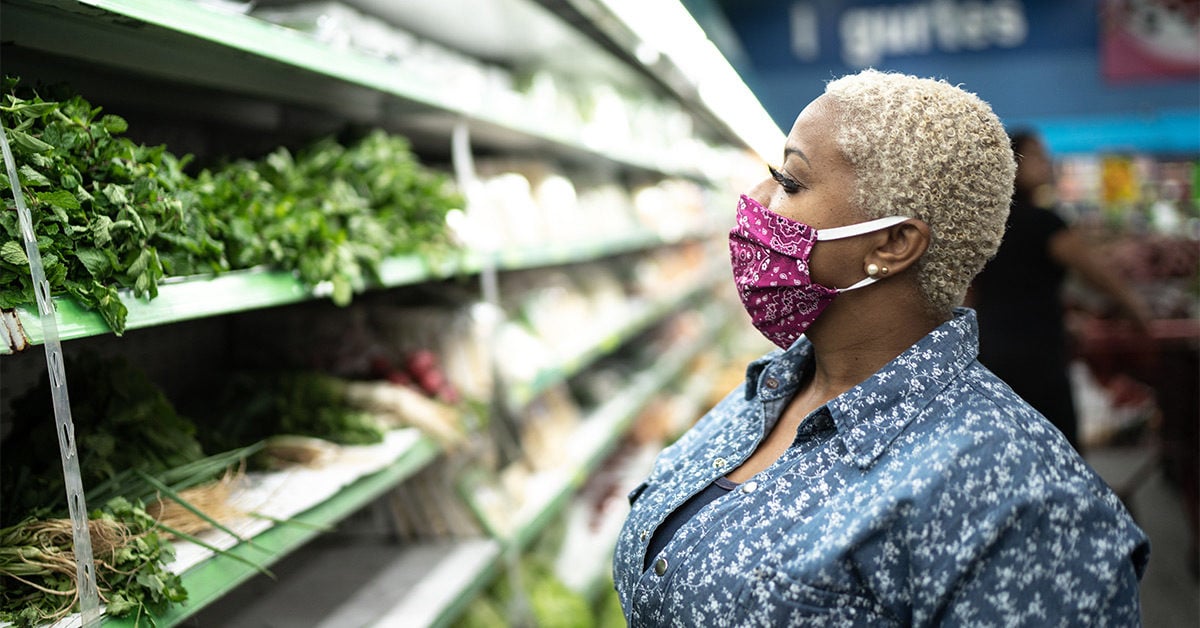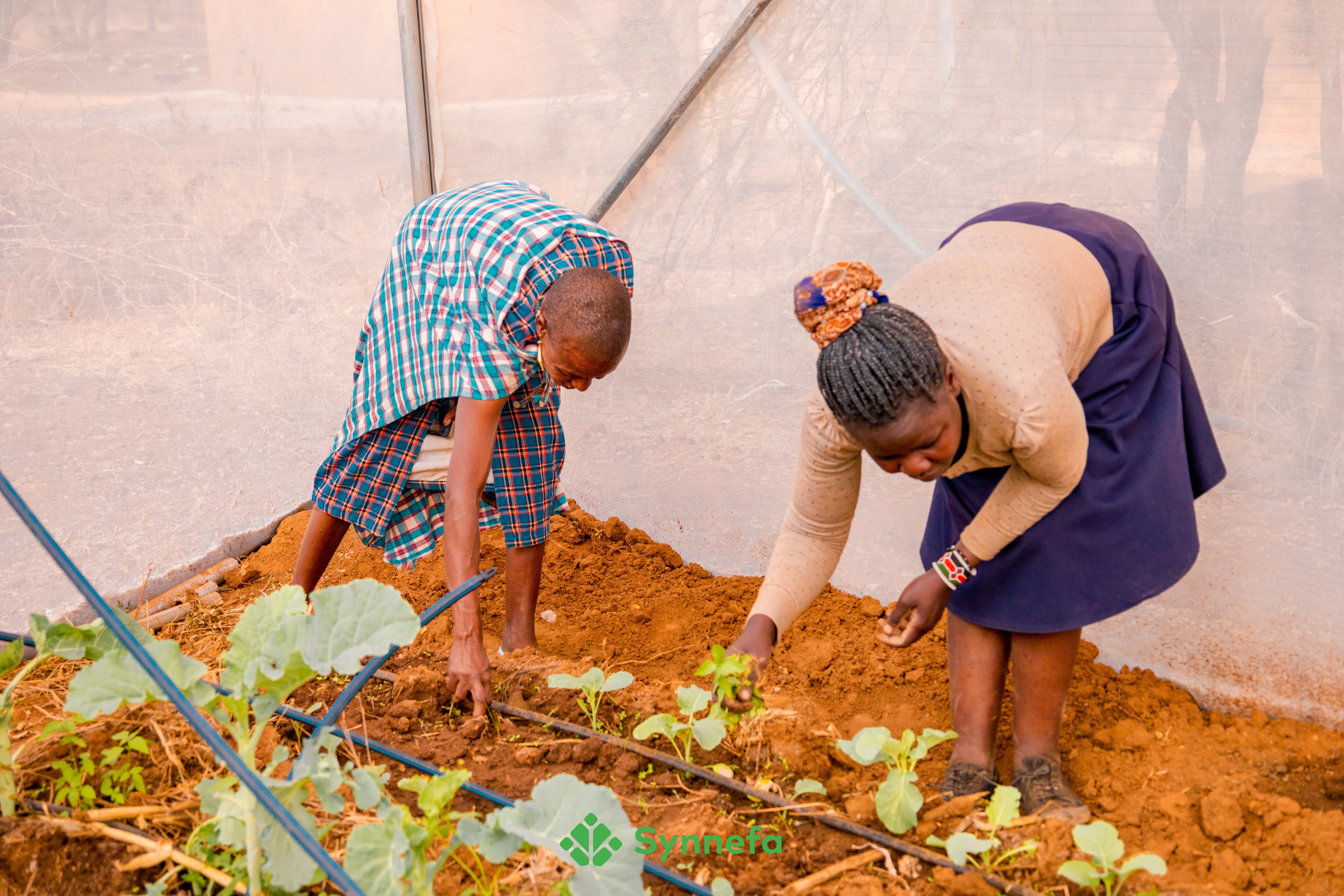3 Effects of Covid19 Pandemic on Agribusiness
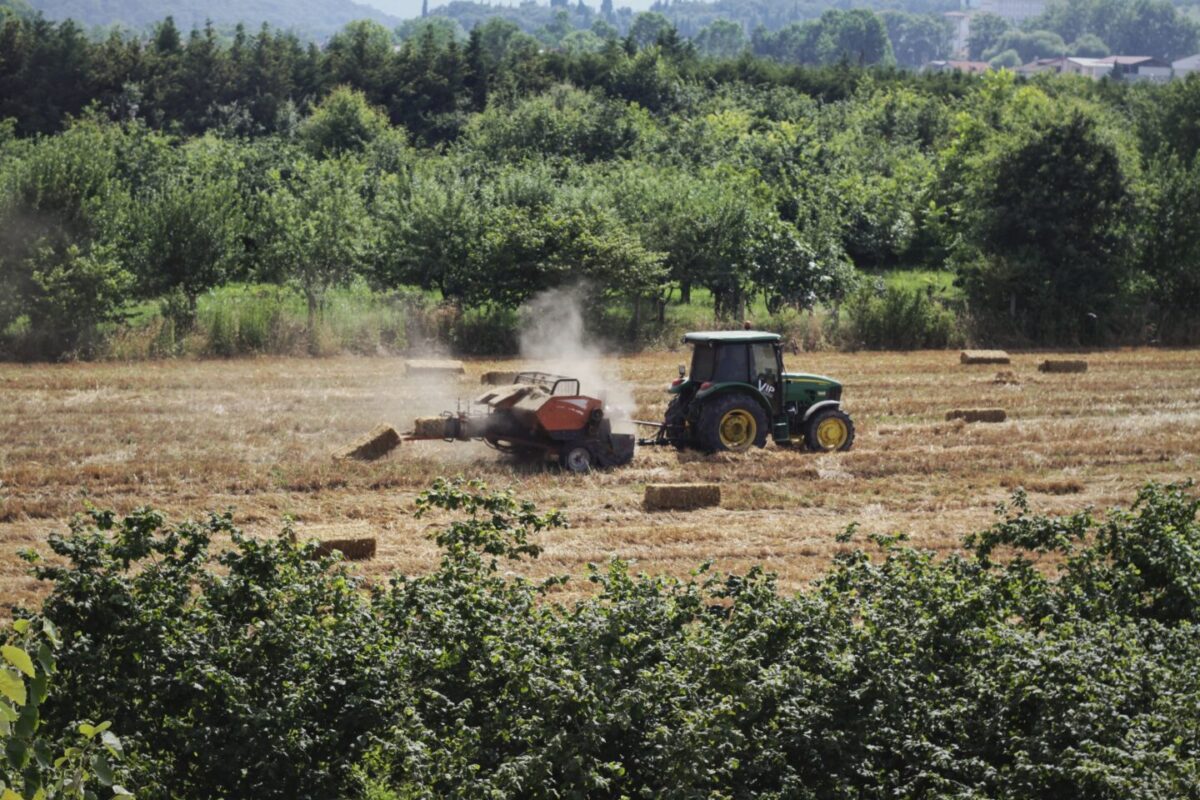
In the year 2020, the outbreak of COVID-19 brought with it severe economic and societal consequences negatively impacting the market flows. This saw the imposing of drastic stress on people more so farmers. The COVID-19 pandemic also disturbed the sustainable growth for the wellbeing of businesses and national economies.
The economic and social disruption caused by the pandemic is devastating: tens of millions of people are at risk of falling into extreme poverty, while the number of undernourished people, currently estimated at nearly 690 million, could increase by up to 132 million by the end of the year according to WHO.
-
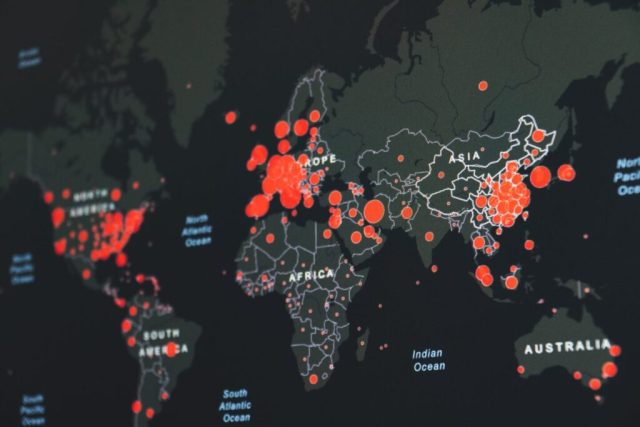
Covid19 2020 world map
How Agriculture sector was affected
But, the most hit is the agriculture sector, the largest employer in the world, has been devastated by COVID-19. The measures taken by countries to curb the spread of COVID-19 have disrupted both demand and supply of agricultural products globally, particularly in developing countries where agriculture is labor-intensive. Although most countries designate agriculture as an essential service and exempt it from the restrictions in movement, the shift in demand from commercial to households coupled with the limited availability of logistical services has hit the sector hard.
-

A scene from a market in Africa during the COVID-19 pandemic.
Being that agriculture is closely tied to the notion of food security, and a fundamental objective of each nation is to achieve unrestricted access to food and water to satisfy peoples’ basic needs. Various sectors have suffered in terms of unemployment, GDP growth and other essential indicators of national development.
It is vivid how COVID-19 outbreak has had a considerable adverse impact on businesses worldwide, with consequences and impaired functionality varying among diverse activities and industries, outcomes of which are yet to be seen in the aftermath.
Extent of the CIVID-19 Crisis
But in the last year, as cases of COVID-19 swept across the world, smallholder farmers found themselves in a particularly vulnerable position. Travel restrictions, supply disruptions, and rising prices for inputs and food took a toll on their incomes, particularly in the first few months.
Most farmers have found themselves in a big mess, stuck with produce that they could neither sell nor consume due to worldwide travel bans and restrictions, all of the export orders were refused due to canceled intercontinental exports.
These challenges were felt by farmers around the world. And while these acute problems had eased by the end of 2020, longer-term effects began emerging: underinvestment in farms, lower crop production levels, and sustained challenges accessing adequate food. If unaddressed, these problems will create a vicious cycle of lost income for smallholder farmers around the world.
In Kenya for example, reduced income and the rising cost of cultivation has made farmers more vulnerable, being that agriculture dominates the economy of Kenya and employs more than 70% of the workforce. Agriculture contributes USD 1.37 billion in annual exports. The global lockdown has hurt Kenyan agriculture exports due to restrictions on the movement of goods. A study done by COLEACP indicates that Kenya’s agricultural industry suffers a loss of roughly USD 3 million every day during COVID-19 lockdowns.
As a result of COVID-19 pandemic, farmers in Kenya now face several concerns and challenges that include;
1. Food security
Not taking quick action implies an imminent food crisis, with a greater effect on the most vulnerable population. Measures should focus on keeping food supply chains active and mitigating the impacts of the pandemic across the food system. Social programs act as an umbrella that minimizes the effect of short-term crises.
2. Food demand
The demand for food has decreased due to uncertainty and the reduction of people’s spending capacity, although this decrease is still slight; the situation could worsen if the pandemic continues for a long time, due to reduced income and job losses
3. Food supply
In the light of recent challenges in the food supply chain, there is now considerable concern about food production, processing, distribution, and demand. COVID-19 pandemic resulted in the movement restrictions of workers, changes in demand of consumers, closure of food production facilities, restricted food trade policies, and financial pressures in the food supply chain.
The COVID-19 pandemic has a great impact on the actions and activities of humanity, agriculture is not outside this impact. Food demand and thus food security are greatly affected due to mobility restrictions, reduced purchasing power, and with a greater impact on the most vulnerable population groups. As cases of contagion increase, governments take more drastic measures to stop the spread of the virus, also influencing the global food system. The premise of any measure adopted should be to protect the health and food security of the population.
-
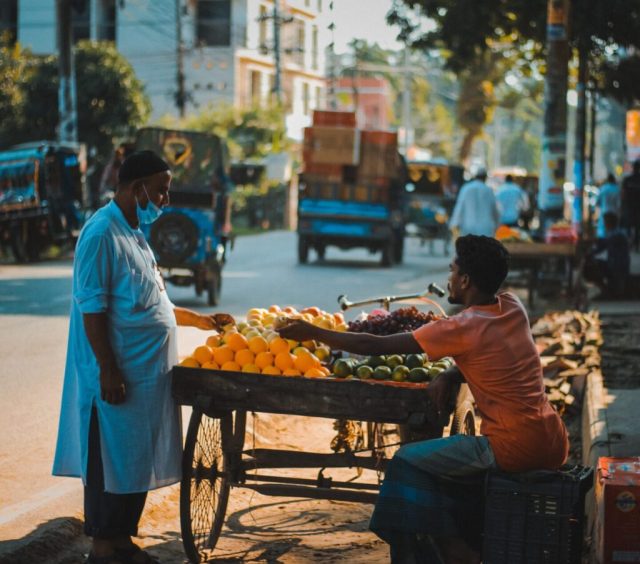
Demand for healthy foods Photo Courtesy: Unsplash
Conclusion
The economic impacts of the COVID-19 pandemic on Kenyan farmers have been incredibly challenging. Still, the country’s ability to adapt and endure has allowed local farmers to diversify their revenue streams. Moreover, the pandemic consequences in Kenya have revealed the importance of farmers having a local customer base.
As restrictions gradually relax in Europe, and more Kenyan airlines are transformed into cargo planes, the volume of exports are rising. Although the situation continues to improve, shipping rates are more than double previous rates. Subsequently, companies are continuing their efforts to boost local sales to offset declining international sales.
Which if these effects of Covid19 pandemic affected you the most as an agripreneur? Let us know.

